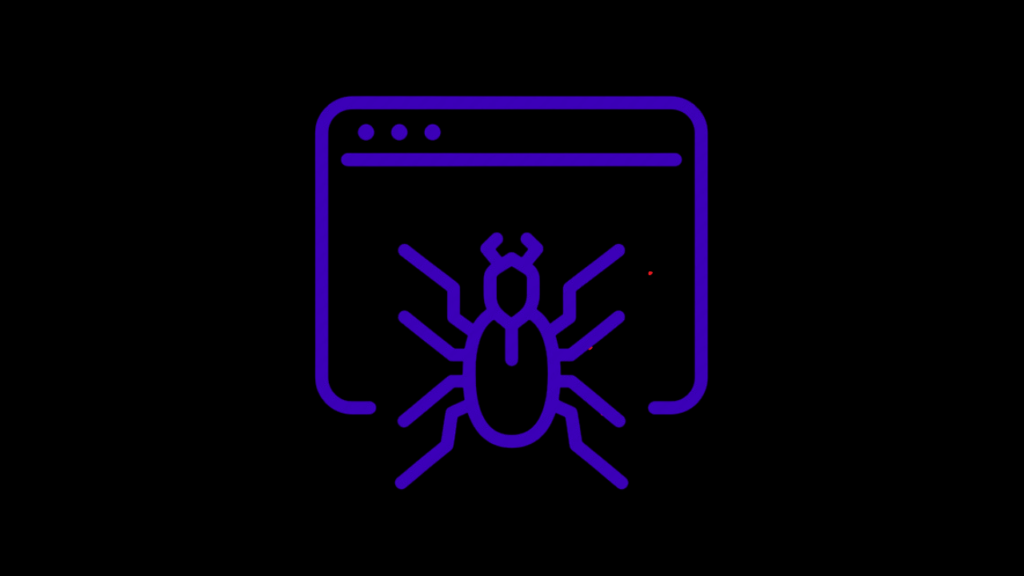It’s not uncommon for significant companies to take several months to address bugs or vulnerabilities in operating systems or browsers. However, a security flaw highlighted by Oligo Security has remained unresolved for an astonishing 18 years.
This vulnerability, dubbed the “0.0.0.0 Day” by Oligo, permits remote code execution via a local network through public websites. Alarmingly, it impacts Chromium, Firefox, and Safari on macOS and Linux systems. Malicious websites can exploit weak browser security due to inconsistent security mechanisms across different browsers and a lack of industry standardization.
Oligo uncovered this issue, initially reported to Mozilla in 2006, which has lingered without a resolution. Despite several significant updates and prioritizations over the years, the bug remains open. Oligo notes, “The bug report was closed, reopened, then prioritized—and will now remain open until Firefox implements [Private Network Access].”
Google has announced plans to mitigate this issue in Chrome, the world’s most popular browser. They intend to block access to the 0.0.0.0 IP address before the full rollout of Private Network Access. This update began with Chromium 128, released in beta on July 24, and is expected to be fully deployed by Chrome 133.
Apple has already made “breaking changes to WebKit that block access to 0.0.0.0,” as documented on GitHub.
Mozilla’s approach remains uncertain. Although they have updated the Fetch specification to block the IP address and prioritized the implementation of Private Network Access, it has not yet been fully implemented. A Mozilla spokesperson explained to PCMag, “Imposing tighter restrictions comes with a significant risk of introducing compatibility problems.” They added, “As the standards discussion and work to understand those compatibility risks is ongoing, Firefox has not implemented any of the proposed restrictions.”
Meanwhile, Microsoft updated its Edge Security Updates page, stating, “Microsoft is aware of the recent Chromium security fixes. We are actively working on releasing a security fix.”
There is optimism that this critical vulnerability, affecting all major browsers, will be resolved in the coming months, if not weeks. The collaborative efforts of these tech giants are essential in ensuring the safety and security of users worldwide.




















